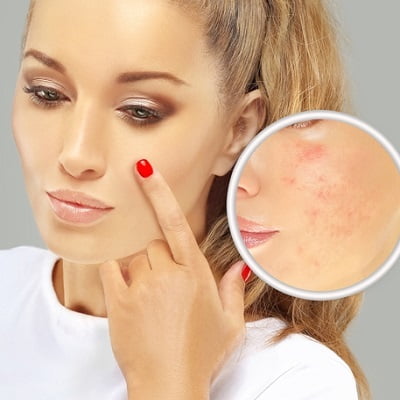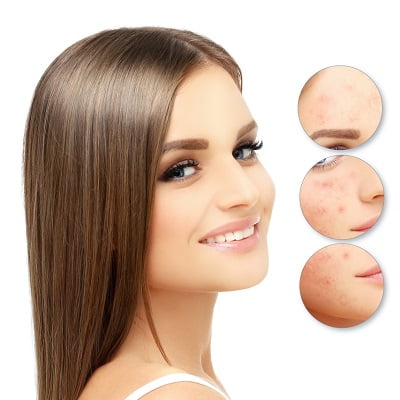
Acne breakouts can be distressing, and the aftermath of acne, particularly in the form of scars, can be equally troubling. Acne scars often serve as

Acne breakouts can be distressing, and the aftermath of acne, particularly in the form of scars, can be equally troubling. Acne scars often serve as

For many people, acne scars can be a frustrating and ongoing issue. Despite the fact that there are many non-surgical options, including microdermabrasion, some patients

If you’re struggling with acne scars, you’re not alone. Acne is a common skin condition that affects millions of people worldwide. Fortunately, there are several
Enfield Royal Clinics, 1089 Al Wasl Rd - Al Manara - Dubai United Arab Emirates
Villa 2 - 142 Al 'Ishoush St - Khalifa City - Sector 12 - Abu Dhabi - United Arab Emirates
King Abdullah Branch Rd, Al Quds, Riyadh 13214, Saudi Arabia
Al Sarooj, 3013 Way, Al Kharjiyah St, Muscat, Oman
